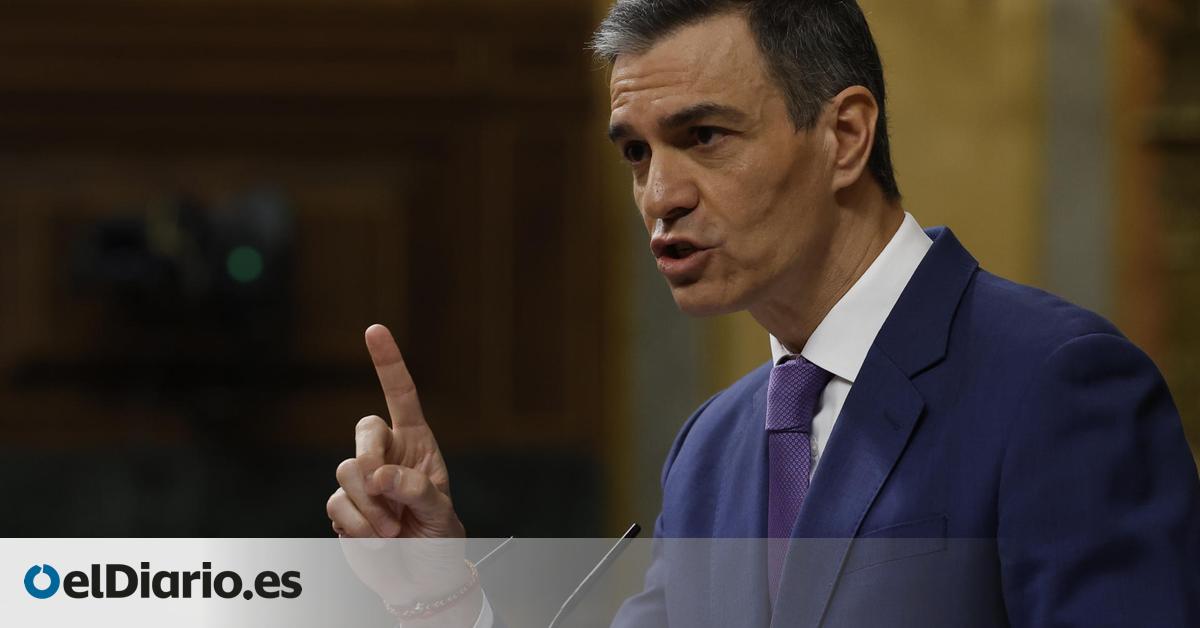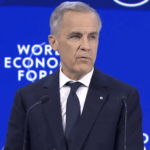
Pedro Sánchez tells the idea that the great blackout that paralyzed the Iberian Peninsula last week is the fault of renewable energies. “They distrust those who tell them that this goes or renewable or nuclear, because it is not so,” said the president during his appearance on Wednesday at Congress. With constant allusions to the bench on the right, which has come to refer as “amateur lobbyists of large electricity companies”, Sanchez has insisted that the real causes of the supply failure are still unknown today. And that, therefore, “there is no empirical evidence that tells us that the incident occurred by excess renewables or the lack of nuclear.”
On the pronuclear discourse of the right, which the PP has intensified in recent days following the blackout, has provided the data of Electricity on Generation on April 28. “Our system operated with renewable levels lower than those of other previous days. The matter is a bit more complex, not to say much more complex. Linking the debate to the nuclear is irresponsible and a gigantic manipulation,” he said.
The president has not drained the discussion about the extension of the nuclear centrals that have their closure scheduled. Although he has done it to challenge the large energy companies directly. “If companies agree between them another calendar that extends the centrals, we will hear them as we hear all sectors. We will do it as long That the measure is convenient to guarantee the safety of the electrical system, ”he has listed.
In fact, the chief of the Executive recalled that none of the energy companies has asked to extend the closure of these centrals. “None of these companies have formally requested that the closing calendar be extended,” he added. He also assured that neither the nuclear safety council nor the electrical system operator have made reports on the “suitability” of extending the closure of those nuclear plants. “The companies themselves still say that they are studying if it makes sense to do so, which shows that the issue is not as evident as some amateur lobbists in these cuts want to project,” he said.
On the causes of the blackout, Sánchez has only influenced that “a disturbance in southern Spain could have generated a loss and, shortly after, two more occurred in the southwest.” In spite of this, “the system managed to overcome those first two disturbances” but, on the other hand, “the third could not contain, which extended through the peninsular system.”
In any case, the president has valued that the restoration of the service will be carried out “in record time.” “Faced with apocalyptic visions, Spain is an extraordinary country,” he emphasized to provide some data of that restoration. “Five hours after the fall, the supply had been restored in several places in Spain. At half past seven, almost half of the substations of the network already had tension and had recovered more than a fifth of the power; at 23.45, more than 50% of the supply and 6.00 99.5%.”
In the absence of conclusions, the investigation promoted by the government itself has been entrusted. “Everything we discover will be made public with absolute transparency. The process will take its time because, to do so, or it will have to be thoroughly examined about 756 million data that are the values that generated the 4,200 plants of the system between 12.15 and 12.35 of April 28. We have to investigate them in a scrupulous way.”
The president has made a defense on the transformation of the electrical system that his government has undertaken in recent years, based on renewable energies and has taken the opportunity to oppose the model that left his predecessor, Mariano Rajoy. “When we arrived at the government we had an absolutely obsolete model, a model that taxed the sun and that overturned millions of tons of greenhouse gases to the atmosphere,” said Sánchez. “It rested on the consumption of hydrocarbons that we had to import from abroad spending 42.5 billion euros each year,” he added, a “transfer of wealth of Spain to countries producing oil and gas”, an amount that quadruple the unemployment spending, has estimated.
“We are progressively abandoning that outdated model to adopt a new one, typical of the 21st century. A model that bets on greater interconnection with Europe, for the use of state -of -the -art technologies, and for the use of a more diversified energy mix, in which renewable energies represented last year 57% of the total electrical production,” said Sánchez.
Far from modifying this strategy, Sanchez has committed to deepen it. “Renewables are not just the future, they are our only option. They are the only way to reindustrialize Spain. Modernize vital sectors for our economy, such as the car. To create opportunities in territories of interior Spain. To avoid ecological disaster. And to build an autonomous Europe, which does not depend on gas, oil or the Uranium of Russia, of the United States, from North Africa and the Middle East,” he said.
Source: www.eldiario.es

